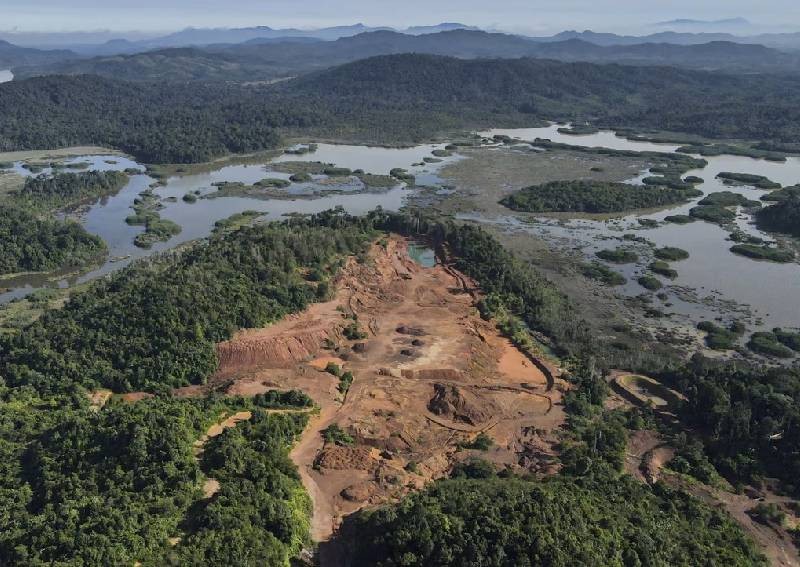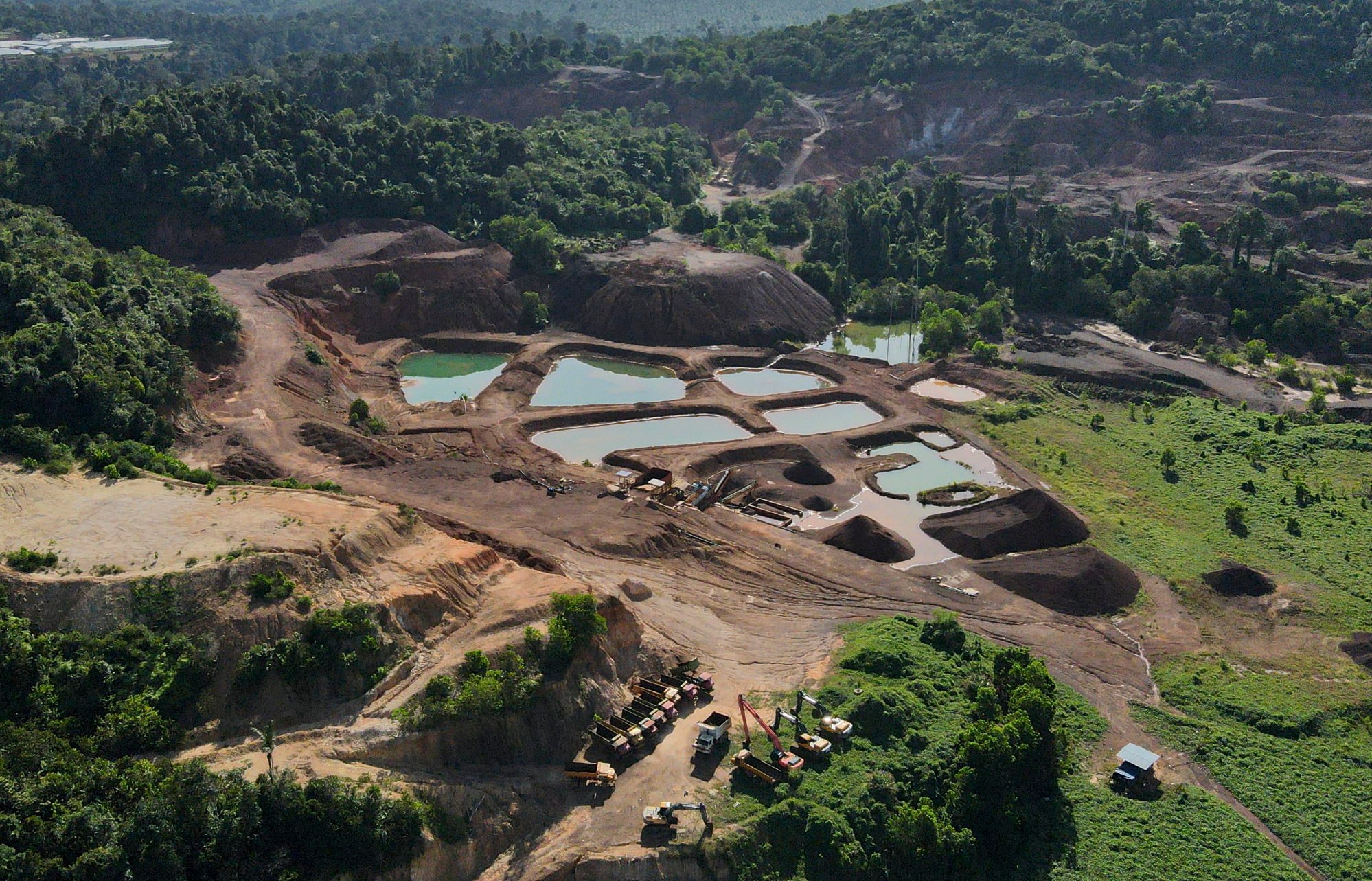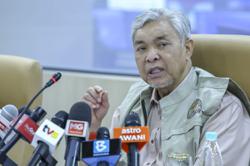Malaysia’s Tasik Chini risks being stripped of its Unesco status unless decades of damage to ‘dragon god lake’ is undone

Tasik Chini occupies a special place in Malaysia’s national psyche. Steeped in legend, the vast body of water in central Pahang is rumoured to contain an ancient sunken city, and be inhabited by a mythical “dragon god” that makes its home among the watery depths.
The freshwater lake, Malaysia’s second largest, and its surrounding wetlands were recognised by Unesco in 2009 as the country’s first “biosphere reserve” – sites where sustainable development is supposed to be practised to protect their fragile ecosystems.
But Tasik Chini is now in danger of losing that status, after years of rampant mining and logging along its shores have poisoned the water and stripped away swathes of natural habitat.
For the 500 or so Jakun people who have lived by the lake for generations, its destruction is undeniable – having taken place before their very eyes.
One indigenous man in his 50s recalled to anthropologist Sara Ashencaen Crabtree that Tasik Chini used to be “so full of lilies that there were only paths for the boats”, as she recorded in her 2016 book Death of the Dragon God Lake: Voices from Tasik Chini, Malaysia.
Nowadays, the water lilies that were once a major tourist draw have all but disappeared.
Nashita Dewi, a local community leader, said she remembered catching translucent fish in the cold, clear waters of the lake when she was young. But a far less alluring sight greeted her when she returned from her studies elsewhere.
“When I came back the water was all brownish, the water lilies were gone,” she said.
Of the many myths and legends associated with Tasik Chini, the most famous is probably that of the “dragon god” Naga Seri Gumum – a giant serpent the native Jakun people still believe lurks beneath the water’s surface that was, according to one folk tale, integral in the creation of the lake itself.
But the Naga, which has been described as “Malaysia’s Loch Ness Monster”, is rarely sighted today. “Industrialists destroyed the Naga’s places, and the Naga is angry and does not show itself,” anthropologist Crabtree wrote.
‘Conservation is never too late’
Mushrifah Idris, a former head of the Malaysian National University’s Chini Lake Research Centre, was among the environmentalists sounding the alarm on the lake’s degraded state as early as 2019. But the authorities showed little interest in doing anything until recently, after it emerged that Unesco was considering stripping the site of its status.
Mushrifah was instrumental, as leader of the research centre, to the lake being listed by the UN’s heritage body in the first place. And she remains hopeful that the years of neglect and damage can be reversed.
“Rehabilitation, restoration, and conservation is never too late … but it takes a while,” she said.

Losing the Unesco status would mean a loss of funds for research, said Mushrifah, who worries that such a change might be permanent.
“It’s not easy to receive such recognition and the blame game will begin if Tasik Chini is removed from the biosphere reserve list,” she said.
Meor Razak Meor Abdul Rahman, a field officer for Friends of the Earth Malaysia, said the environmental NGO’s warnings about the lake were repeatedly ignored by the Pahang state government, which did not reply to the group’s letters or return their phone calls.
That was until Tengku Hassanal Ibrahim Alam Shah, current regent of Pahang and son of Malaysian king Sultan Abdullah Sultan Ahmad Shah, decreed in June last year following a surprise visit to the lake that its surrounding forest reserve should be expanded to 9,147 hectares from the previous 6,922 hectares and all mining operations should cease.
“Since then, we have been officially invited to several tree replanting efforts, which have been plentiful recently,” Meor Razak said.
Sharkar Shamsudin, chairman of Pahang’s tourism, environment, farming and biotechnology committee, has defended logging and mining activities near the lake, telling the state assembly in August last year that people’s economic interests need to be balanced with conservation.
“The people living there still need to eat, state resources also need to be there,” he said, adding that the number of mines in the area had been reduced from six to two, and any operations encroaching on the forest reserve area had been ordered to stop.
But Meor Razak said that despite changing attitudes and the regent himself taking an interest, rehabilitation efforts have been uncoordinated – and were directed from some 50km away in the Pahang state capital instead of near the lake.
“There is no coordination, the forestry department is doing its own thing, the land office is doing its own thing, and it’s all being decided far away in Kuantan, not Chini,” he said.
Any serious effort to undo the damage that has been done to the lake and its surrounding area needs to be centred on Tasik Chini and include the local community, Meor Razak.
“The locals need to be involved so there is a sense of responsibility and ownership,” he said.
Malaysia now has until the end of September to inform Unesco how it plans to nurse Tasik Chini and its surrounds back to health, or risk having the site stripped of its biosphere status.












Leave a Reply